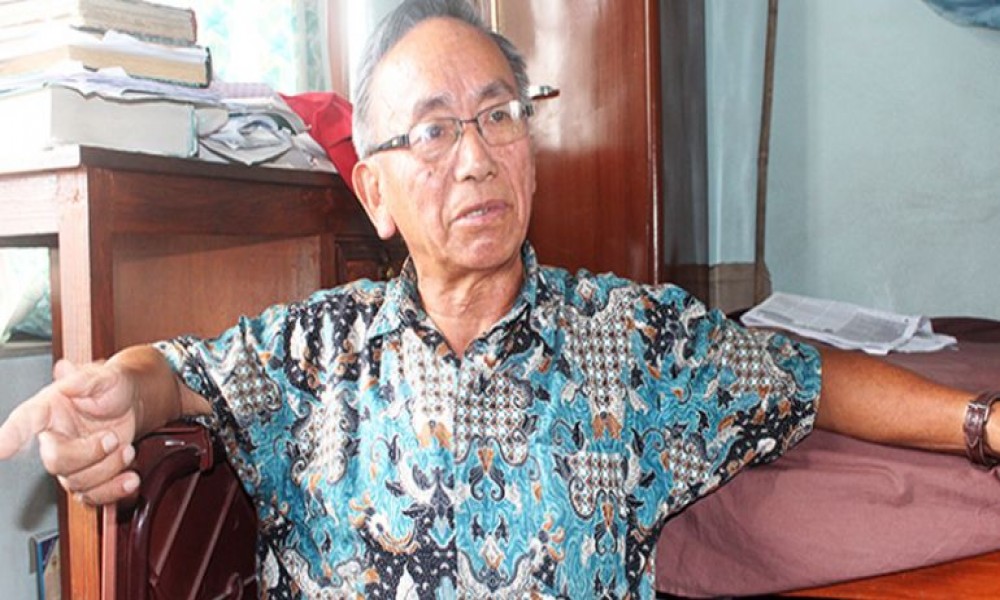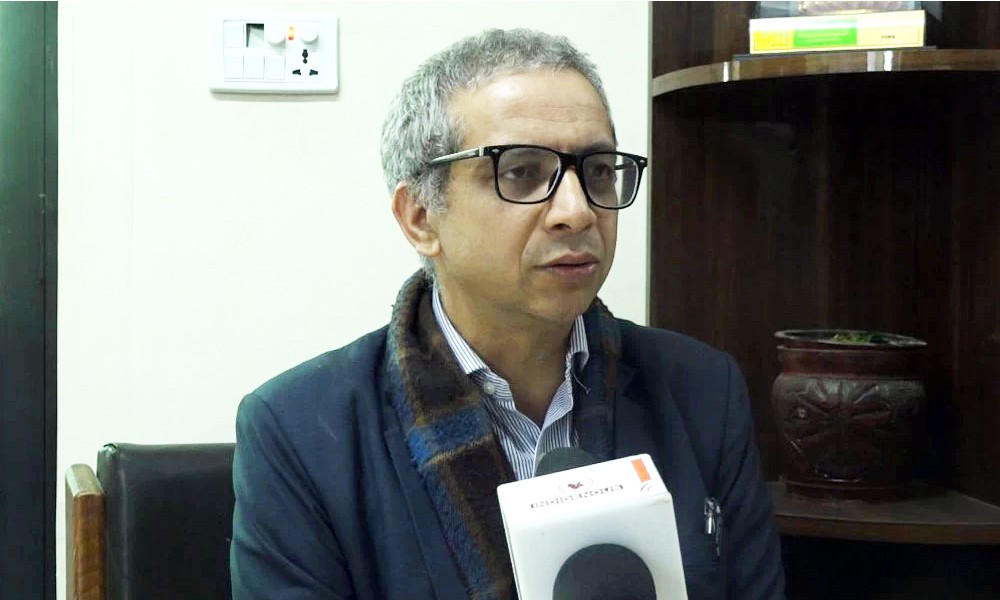Yehang Lawati may not be a well-known name in Nepali literature. But he has his own name and reputation in Limbu literature. He has written many poems, stories and articles in his mother tongue. Some of his works have been included in school curricula of Nepal and Sikkim, India. Here are excerpts from an interview with one of the few writers writing in their mother tongues.
What are you doing these days?
I am always busy writing something. I am currently finalizing a play, the title of which means nuptial knot in English.
Do you not think that it has been really long since you wrote your last book?
Yes, I do. I started writing in my mother tongue when no one was interested in it. I and my friends launched campaigns to promote Limbu language, culture and literature. But after the political change of 1990, the new generation of Limbu has shown a keen interest in it. There are young Limbu writers writing in mother tongue. So I feel a bit relaxed.
What was or is the objective of your campaign?
I believe that our language, culture and history are important for our existence. But preserving these heritages is not easy. The state must work on it. Unfortunately, the state has not contributed to it. And it is not possible through our individual efforts. Hence, we needed a campaign to promote our culture and language.
How far has your campaign been successful?
We still have a long way to go. Education through mother tongue is still a formality. We need to work harder to expand it to preserve our mother tongues.
I believe that our language, culture and history are important for our existence. But preserving these heritages is not easy.
Do you not think that you miss a larger audience by writing in mother tongue?
I do not think so. I can write in Nepali as well. But I prefer writing in Limbu because I think it is more necessary. We have a rich language. We do not have to borrow words from other languages to express even the most complicated feelings. I feel proud to be able to write in Limbu language. If we do not write in our mother tongue, who else will write? So I do not have any regrets whatsoever.
What is the status of Limbu literature?
It is flourishing with more educated youths joining it. We did not have exposure like today. In the Panchayat era, writing in mother tongue was a risky affair. Now there is more political freedom.
But Limbu literature seems to have shrunk these days.
No, we are still very active. Some youths may not have shown enthusiasm but that does not mean that they do not care about it.
We believe that Nepal (Newar) language is the richest of all mother tongues. They have more narratives.
How rich is Limbu literature?
We believe that Nepal (Newar) language is the richest of all mother tongues. They have more narratives. They started writing their literature long before we did. But I think ours is a richer language in other ways. For example, we never have to rely on Sanskrit language to express our deepest feelings. Linguists have termed Limbu language as a mother language. We have a rich vocabulary. If the state helps a little bit more, our language will prosper more.
Has the state contributed to promotion of Limbu language?
The state's contribution to promotion of Limbu language is almost nil.
What should the state do to promote Limbu language?
The state should have clear policies to promote all languages, not only Limbu. Languages are like our jewels, we should preserve them.
source: www.opedpost.com









